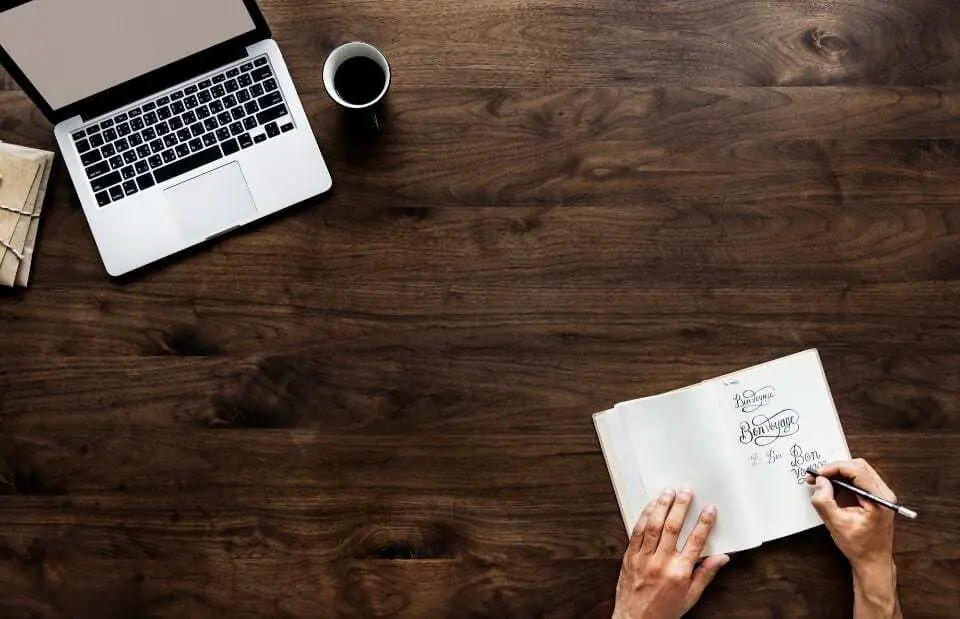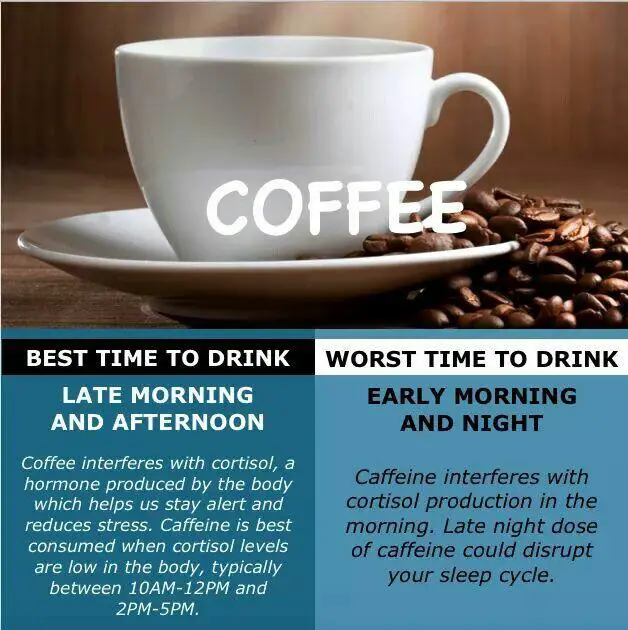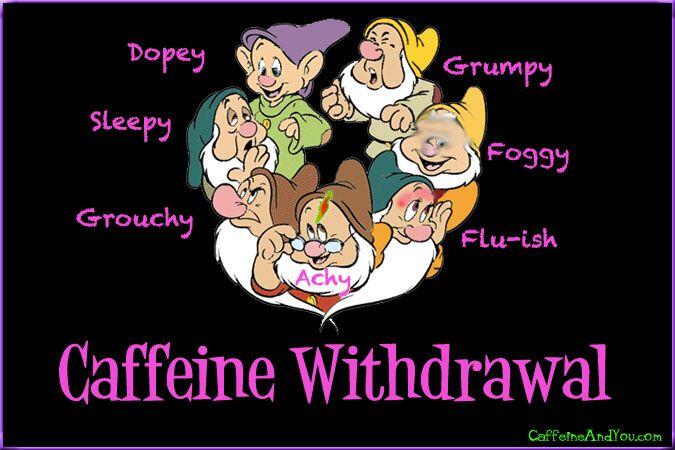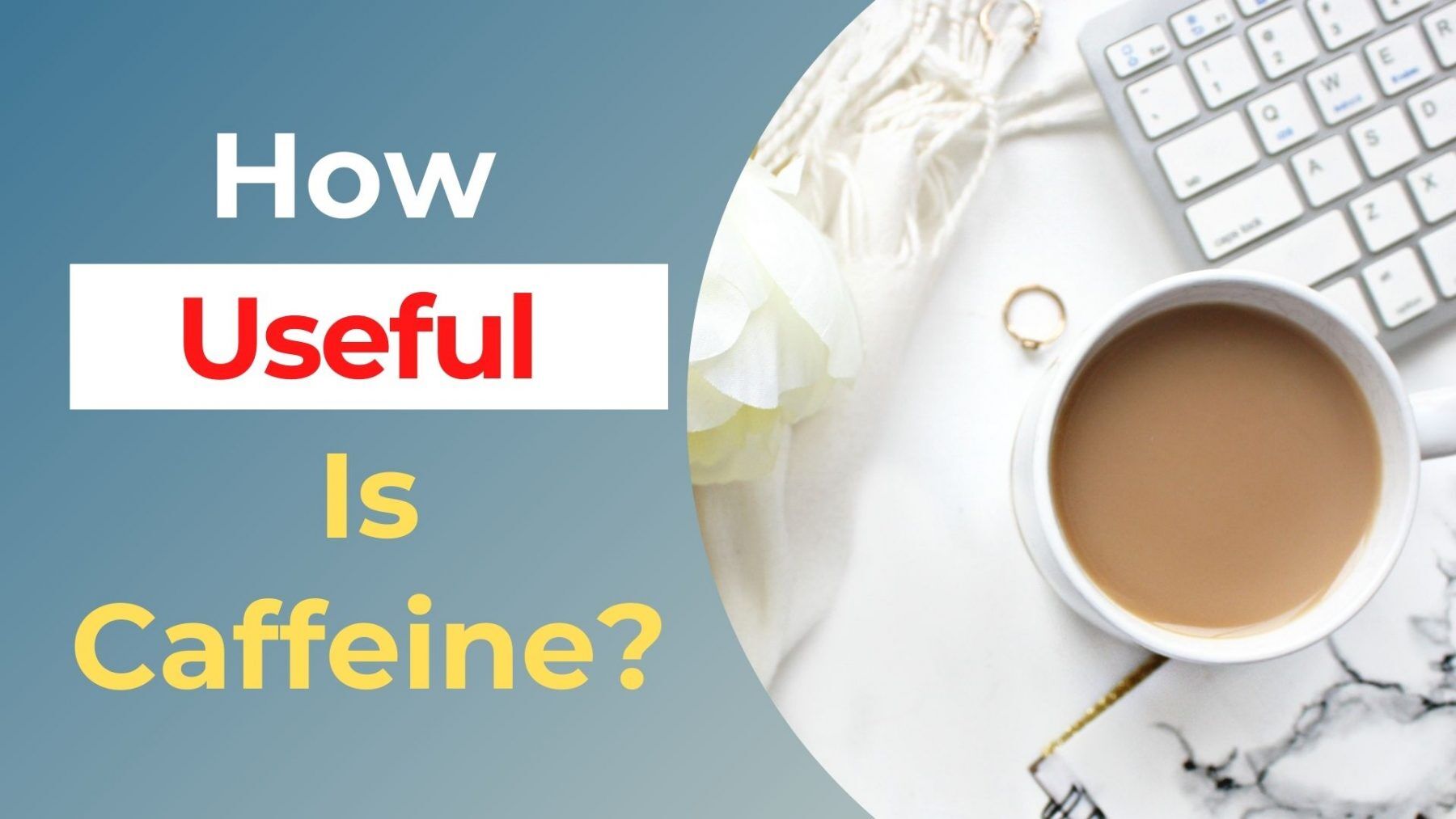Caffeine is a potentially addictive substance that can make you feel more awake.
It’s often used for those moments when we’re feeling tired or sleepy.
But how useful is it in the long run?
- Is caffeine good or bad?
- When is caffeine good and when is caffeine bad?
- Can sugar and caffeine combine to create a super addictive substance?
- When does caffeine become addictive and bad for your health?
Let’s dive in!
When is caffeine useful for staying awake in the long run?

Relatively pure, unsweetened sources of caffeine like the type you find in black coffee are just fine in the long run.
But, most sources of caffeine are sweetened and are going be more worse for you in the long run than positive.
Sweetened coffee, soda, and energy drinks may be great quick fixes for waking you up before a long day of work. But habitually relying upon sugary caffeinated drinks is setting you up for a nasty habit of caffeine addiction.
We’ll talk more about addiction later but for now let’s just be clear.
- Yes, caffeine may be good for your health.
- But high sugar consumption, like how sugar gets paired with caffeine, is going to outweigh out the positive effects of caffeine.
Let me be clear – I believe black coffee with a little tiny bit of sweetener is fine for your health.
Or, whatever other caffeinated drink that doesn’t have a ton of sugar and extra crap in it. That’s probably fine too.
But let’s face it.
The market for sugary caffeinated beverages is big. Starbucks makes a lot of their profit on their Mochas, and boy oh boy, if those aren’t a wallop of delicious sugar!
And … as we’ll discuss below … sugar and caffeine can combine to create caffeine dependence and even in some rarer cases, Caffeine Use Disorder.
(Yes – there is a real disorder called ‘Caffeine Use Disorder’ that is in the official statistical manual of mental disorders. Read more here!)
When You Should Use Caffeine

Now, we’re not out here advocating for caffeine consumption to be banned or anything.
Caffeine does have tremendous use and it’s power should be used wisely.
Here’s a fun little story to illustrate the power of caffeine consumption:
Back in the old days before we had clean water, people would boil their water or drink alcohol so that all the germs were killed.
Because back then when cities were starting to form, everyone would poop and contaminate the water supply!
A poopy water supply would lead to terrible health consequences if people drank the water without killing the germs first. To purify their water intake, people would rely on alcohol.
Imagine drinking a beer instead of a glass of water! Not just once but all the time!
When coffee was introduced, people no longer had to rely on alcohol as much to hydrate! Instead of being drunk all day people could think more clearly and be even more productive!
I’ve even heard that the effects of caffeine and caffeine consumption were precursors to the Age of Enlightenment.
To me this makes sense and serves to highlight the important role caffeine consumption has in our society.
Here are other instances, to name a few, when coffee does serve a legitimate purpose:
- When you need to stay up at night.
- A pick-me-up during the day if you’re feeling sluggish or tired, like what I do in my office on Fridays after an especially hectic week.
- Needing a boost before school or work when you’ve been sleeping insufficiently and your energy needs that extra kick start!
- You absolutely need to stay awake. I do this oftentimes when I drive becomes sometimes my commute from the eating disorder center where I work can be 1 hour each way.
These are just some of the instances where caffeine is useful for staying awake in the long run. There’s many more than this list can’t even account for.
These are a few examples to make clear … Coffee can be great!
When is caffeine is not so great

Caffeine is dangerous and extra addictive when combined with sugar. Which it frequently is!
This is when caffeine is not so great!
And it’s not just caffeine. Pretty much anything high in sugar in the long run is going to hard on your body.
- Donuts
- Junk food
Again, if sugar is paired with caffeine than the health consequences of sugar consumption are going to outweigh the benefits of caffeine.
And caffeine can be especially dangerous because sugar is often paired with caffeine.
That’s two addictive substances at the same time! Two of the most addictive substances mankind has ever known … combined together.
Now don’t get me wrong … some sugary, caffeinated drinks like Coca Cola can be fine.
Sugary drinks are part of the American mainstream culture. Avoiding sugary drinks entirely is actually restrictive and harmful to.
So we don’t want to go to an extreme viewpoint where you should never have mochas, sodas or anything that contains sugar.
But … we need to be clear about the addictive nature of caffeine especially when paired with sugar.
This is when caffeine use becomes harmful in the long run!
When is coffee (with sugar) becomes dangerous in the long run

The problem occurs when you repeat the same cycle night after night, day after day. Especially when paired with sugar!!
This is when caffeine becomes something else entirely. Where coffee is no longer about staying awake and being productive …
But rather caffeine can become an addictive sugary hit of escapism, denial, and distraction.
Here are some examples of when caffeine is really a form of distraction and caffeine addiction:
- When you’re anxious about work and continue to push yourself into burnout zone and never take a break
- When you are feeling depressed and caffeine becomes a quick fix for emotions we wish were gone. Caffeine is an easy escape from feelings that are too hard to face because it provides a jolt to our body almost immediately.
- When you are drinking caffeinated beverages and your sleep schedule is getting impacted
The worst thing about addiction (other than addiction itself)

Tolerance. Or dependence. Whatever word you want to use.
Tolerance is where if you drink some sort of caffeine every day, you’ll begin building up a tolerance to it.
That means your previous intake won’t cut it anymore, which will lead you to drinking even more, and the cycle continues from there.
The more caffeine you drink, the worse your withdrawal symptoms will be, too.
These can include extreme migraines, mood swings, overall sleepiness, and low energy levels. Ironically, these symptoms are what you were trying to combat in the first place.
These are what’s known as a caffeine withdrawal.
Unfortunately, some people try to fix these caffeine withdrawal issues by drinking more caffeine. But that will only delay the symptoms rather than fix them.
Caffeine dependence gets worse when combined with sugar!
Perhaps the worst thing about caffeine addiction in the long run …
If you are pairing sugar and caffeine together then you are also developing a tolerance to sugar as well!
Even if your sugar tolerance stayed the same, your caffeine tolerance would go up. Either way you end up craving more beverages with caffeine and sugar.
So not only are you drinking more and more caffeine, which can negatively impact your sleep cycles and be a distraction …
But you are also consuming more and more sugar too!
Negative health consequences of consuming too much sugar (which gets paired with caffeine):
- Weight gain or weight loss
- Obesity and type II diabetes
- Heart disease, high blood pressure, and stroke
- The risk of getting cancer goes up when you consume too many sugary drinks because the sugar triggers a spike in insulin.
- Excess sugar also leads to inflammation which can lead to chronic diseases like Alzheimer’s Disease. We need to avoid having our brains inflamed!
- Sugar is bad for your brain health as well! Brain fog anyone? Headaches? Low moods?
- A sense of prolonged tiredness that keeps lingering … even after breakfast!?
These are all signs that we might have an addiction problem with caffeine + sugar combo.
And while this article doesn’t talk about sugar addiction, please know that many people think sugar is an addictive substance! Read here for more info!
How To Overcome Caffeine Addiction
Now that you know how useful caffeine is for staying awake in the long run, what do you do now?
Well, for starters, you should slowly wean yourself off the stuff. Don’t stop cold turkey, because that will make your withdrawal symptoms even worse.
Once you do start losing the need to consume caffeine with tons of sugar constantly, then you should cut yourself off. After that, we don’t recommend consuming it even in small doses in case you fall back into old habits.
Instead, look up alternative ways for waking yourself up, especially if you’re working from home. Plenty of other drinks can help you become less weary but in a much healthier way.
Caffeine doesn’t have to be your only option.
Here are some other tips to cut back on caffeine use:
- Drink more water to stay hydrated and maintain your energy levels.
- Exercise regularly to build stamina, which will make it easier for you to have enough energy throughout the day.
- And lastly: try NOT to use caffeine as an escape from emotions! It’s important that we take care of our mental health by taking time away from work when need be in order to destress instead of reaching for something like coffee just because it’s there … and easy!
- Start drinking coffee in the mornings and switch to green tea later on.
- Drink less caffeinated beverages during your day so you don’t have as many spikes of energy throughout the day.
- Take a nap if you need one around noon or early afternoon instead of consuming caffeine to stay up all night for work purposes. This will allow enough time for sleep before bedtime, which is when we usually want that extra boost!
Please consult your doctor for more advice, diagnosis, or treatment ideas regarding caffeine addiction, caffeine dependence and overall caffeine use:)
Watch out for symptoms of caffeine withdrawal

If you are starting to apply the above tips, watch out for some of the symptoms of caffeine withdrawal:
- Sleeping too much
- Having a hard time focusing
- Feeling irritable and moody all the time
- Experiencing headaches, anxiety or depression.
If you go through any of these symptoms, it might be best to scale back your caffeine intake even more. Because you may be experiencing withdrawal symptoms from missing the effects of caffeine.
This will help with cravings as well so that your body isn’t in withdrawal constantly!
Final Thoughts
If you are feeling dependent on caffeine think carefully: are you craving cups of coffee with tons of added sugar?
Or sugary soda drinks? Well … it’s possible you are addicted to not only caffeine, but also sugar!
Hopefully this blog article helps you see how caffeine addiction and sugar go together and are harmful in the long run.
(The very existence of Caffeine Use Disorder being an official disorder in the Diagnostic and Statistical Manual of Mental Disorders shows how people can become highly dependent on caffeine consumption!)
But on the flipside, that some mg of caffeine is just fine too 🙂
Let me know what you think about your caffeine intake in the comments below! Do you suffer from any of the symptoms of caffeine withdrawal?



